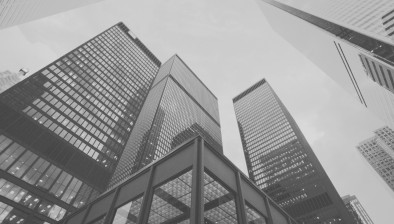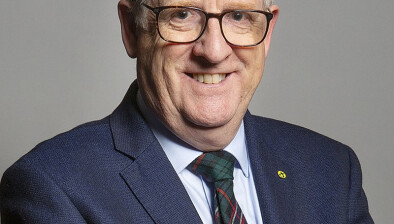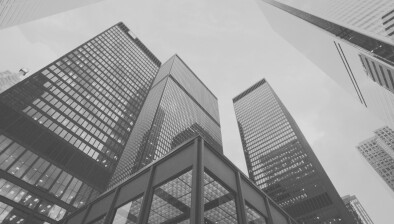Sharon McDougall: Is a director liable for company debts?

Sharon McDougall
Debt expert Sharon McDougall discusses the complexities of director liability for company debts, exploring scenarios where directors may be held personally accountable despite the protection of limited liability, and the potential consequences thereof.
The legal structure of a limited company means that directors’ finances are separate from those of their business. Commonly known as the ‘veil of incorporation,’ this protects directors from personal liability in the majority of circumstances.
A key issue that influences a director’s liability for company debts, however, is the action they take, or conversely, their inaction, when they know their business is insolvent or when they should have known.
A director’s legal duties become wholly creditor-facing on entering insolvency rather than being focused on the company’s interests. This means they must place their creditors’ interests first to prevent unnecessary financial losses.
So under what circumstances can limited liability be overridden and what are the potential consequences?
Some instances when a company director may be held personally liable
Providing a personal guarantee to a lender
It’s common for commercial lenders to demand personal guarantees from directors before sanctioning borrowing. This protects the lender and can make it easier to access vital financing. If the company declines financially, however, the director becomes personally liable for the outstanding debt and can be pursued by the lender through the courts if necessary.
Running an overdrawn director’s loan account (DLA)
If a director’s loan account is overdrawn at the time of insolvency, it can create a personal liability as the money belongs to the company. Again, the director will need to repay whether or not it causes them financial difficulty at a personal level.
Paying an unlawful dividend
Paying a dividend that cannot be supported by the company is an unlawful practice, as there must be sufficient distributable profits to cover the dividend. If the company is insolvent, any unlawful dividends will have to be returned, as they’re a business asset.
Making transactions at undervalue
If an asset has been sold below its market value it reduces the funds available to repay creditors and the transaction is likely to be reversed by a liquidator. This leaves the director personally liable for the difference between the selling price and the asset’s determined market value.
Making preference payments
If a director knows their company is approaching insolvency, or should know, and pays one creditor in favour of other creditors, it’s known as a preferential payment. Personal liability may follow, as directors must consider creditors as a whole rather than favouring one.
Wrongful trading
The legal requirement to stop trading when insolvent protects creditors from unnecessary financial loss so if a director continues trading, perhaps in the mistaken belief that it will help creditors, they can face personal liability for the additional losses suffered.
Fraudulent trading
Fraudulent trading is the deliberate intention to worsen the position of creditors by fraudulent means. In this case, directors become personally liable for the company’s debts, and may face disqualification and a potential prison sentence in serious cases.
What are the consequences of personal liability for company debts?
The ramifications of becoming liable for company debts are serious for directors and include the potential for personal bankruptcy if a lender or the liquidator pursues them for monies through the courts.
A director may also be disqualified for up to 15 years under the Company Director Disqualification Act, 1986 (CDDA). This prevents them from being involved in forming, promoting, or managing a company, but it can also restrict their eligibility for other roles, such as that of a pension fund trustee or school governor.
When a director becomes liable for company debts, it’s typically under exceptional circumstances as the veil of incorporation remains in place unless wrongdoing has occurred, whether deliberately or unwittingly.
The most effective way for directors to protect themselves, therefore, is to be aware of their legal duties when financial decline starts and to ensure they comply with the UK’s strict insolvency laws.

Sharon McDougall is a DAS-approved money adviser at Scotland Debt Solutions, part of Begbies Traynor Group.







